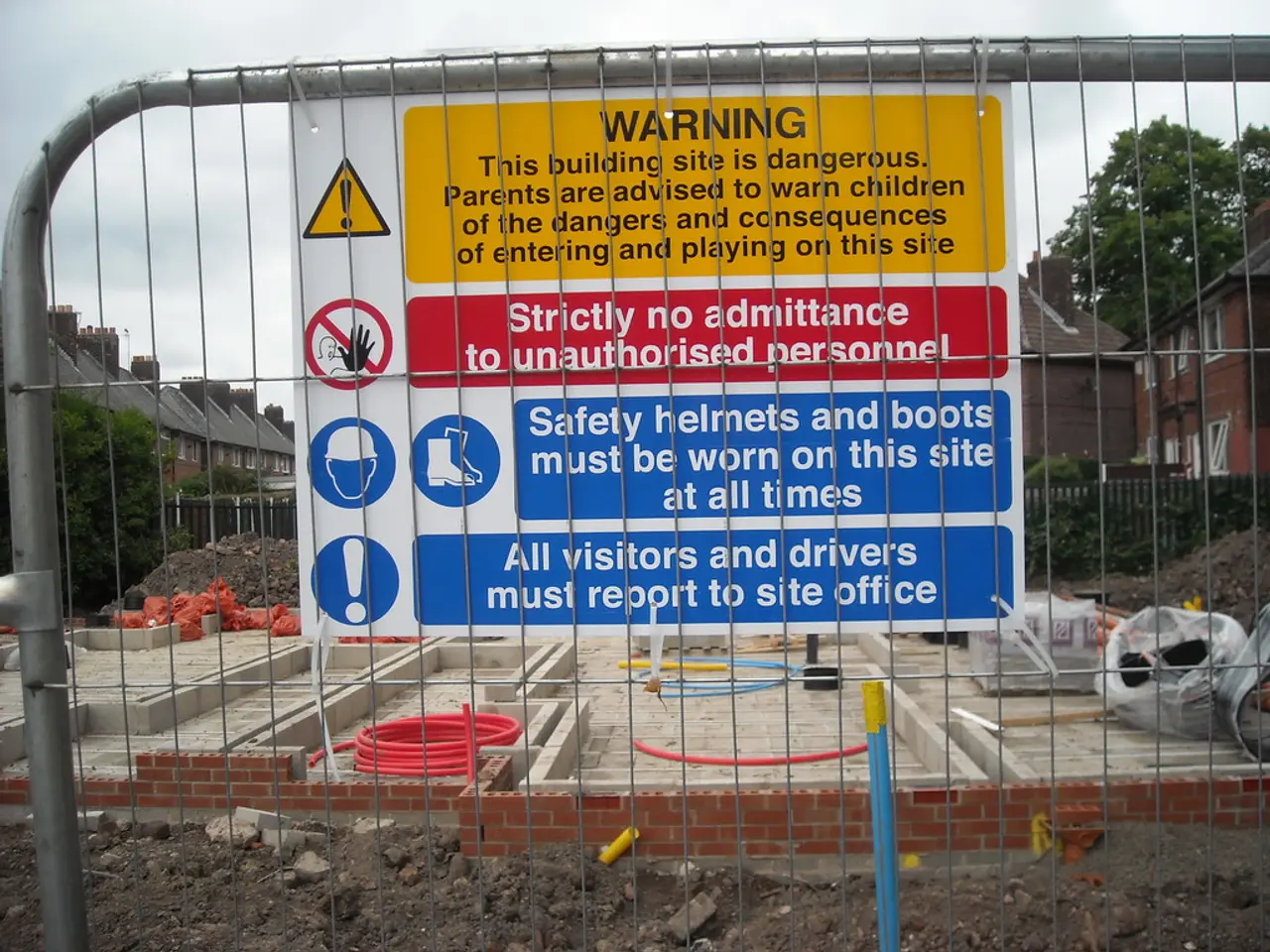Prolonged Power Outage Affects Large Areas of Burundi, Persisting for Nearly Five Days.
In the heart of Africa, Burundi, the world's poorest country in terms of Gross Domestic Product (GDP), is currently grappling with a severe power outage crisis. The outage, which began on August 4, 2025, is primarily due to "connection work" related to the linking of a new substation, according to state-owned utility Regideso[1][2][3].
The power outage, scheduled to last until August 14, has cut around 80 percent of the usual power supply, with impacts being felt across the capital Bujumbura and four of the country's five provinces[1][2][3][4]. The duration of the outage is significant, lasting at least 10 consecutive days, with widespread impacts reported since the blackout began.
The crisis is compounded by worsening fuel shortages, with fuel prices sharply rising on the black market, limiting generator use and exacerbating power and water supply disruptions[1][2][4]. Hospitals, banks, government offices, and key services have been forced into closures or are severely disrupted due to lack of power. For example, Prince Regent Charles Hospital asked families to collect bodies because refrigeration units for the mortuary failed[1][2]. Many neighborhoods are without electricity, water, or internet[1][2].
The fuel crisis has driven up black market prices to about $7 per litre, crippling generator use and transport availability[1][2]. The general atmosphere is one of despair and economic stagnation. Businesses such as shops and salons are shuttered, public transportation is stalled due to fuel shortages, and essential services are inoperable. Thousands of people are queuing at the central market's railway station in Bujumbura, with no buses circulating, as per images on social media.
The power grid in Burundi is described as outdated, a remnant from the Belgian colonial era, indicating longstanding infrastructural challenges. The energy ministry warns that the blackout may persist due to the fragile grid and the complexity of repairs needed[1].
Burundi's President, Evariste Ndayishimiye, has accused public officials of driving the country to a state of crisis by not reporting those who profit from the black market of fuel and foreign exchange. The management of Prince Regent Charles Hospital of Buyenzi called the families of the deceased to collect the bodies, as the cold storage room was out of service on Monday.
The central administration is closed due to the lack of power, and many generators cannot function because of the gasoline shortage in Burundi. The underprivileged population, already living below the international poverty line, is being hit hardest by this crisis.
References:
[1] "Burundi: Power outage affecting all provinces." BBC News, 2025. https://www.bbc.co.uk/news/world-africa-64702681
[2] "Burundi's power crisis: What you need to know." Al Jazeera, 2025. https://www.aljazeera.com/news/2025/8/5/burundis-power-crisis-what-you-need-to-know
[3] "Burundi's power crisis: What's causing the outage?" The Guardian, 2025. https://www.theguardian.com/global-development/2025/aug/05/burundis-power-crisis-whats-causing-the-outage
[4] "Burundi faces fuel shortage crisis." Reuters, 2025. https://www.reuters.com/world/africa/burundi-faces-fuel-shortage-crisis-2025-08-05/
What is the impact of the power outage in Burundi on the general news and environmental-science domains? The power outage, due to connection work on a new substation, has disrupted several key services including hospitals and banks, and has led to an increase in fuel prices on the black market due to fuel shortages, which affects the price of generator use and transport availability, impacting the environmental science aspect with increased pollution from the use of diesel generators. Finance, on the other hand, has been affected due to economic stagnation caused by the crisis, with businesses and public transportation being severely impacted.




